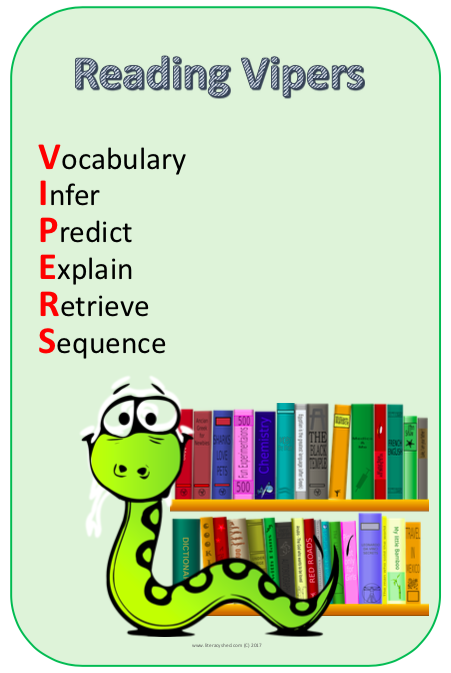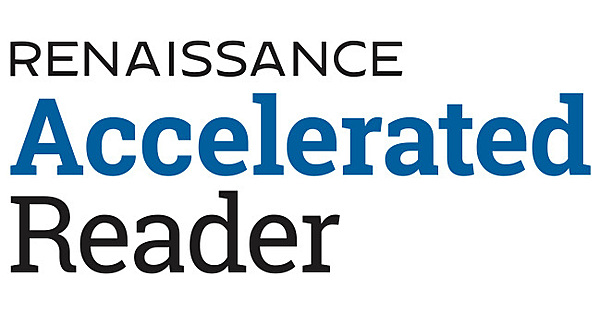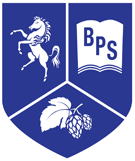Phonics and Reading
Phonics and Reading Policy
Phonics Overview
Helpful links
Read Write Inc. - parent information
Intent
Aspects of the 2014 National Curriculum for English that are applicable to the early stages of the teaching of reading, aim to ensure that all pupils:
- read easily, fluently and with good understanding
- develop the habit of reading widely and often, for both pleasure and information
- write clearly, accurately and coherently, adapting their language and style in and for a range of contexts, purposes and audiences
At Bethersden, we aspire to become a community of readers. We strive to teach children to read effectively and quickly using the Read, Write Inc (RWI) phonics programme which includes teaching synthetic phonics, sight vocabulary, decoding and encoding words as well as spelling and accurate letter formation. As children complete the phonics programme we then aim for our children to apply all they have learnt through this phonics programme, whilst developing their reading comprehension using a combination of VIPERS and Accelerated Reader. Our aim is for our children to be able to competently and confidently access a range of texts by the end of their primary school years.
Implementation
Read, Write Inc.
Using the RWI Scheme we aim to teach children from Early Years up to Year 2 to:
- apply their phonic knowledge and skills as the route to decode words
- respond speedily with the correct sound to graphemes (letters or groups of letters) for all 40+ phonemes
- read accurately by blending sounds in unfamiliar words containing the Grapheme Phoneme Correspondences (GPCs) that they have been taught
- read common exception words, noting unusual correspondences between spelling and sound
- read words containing taught GPCs and –s, –es, –ing, –ed, –er and –est endings
- read words of more than one syllable that contain taught GPCs
- read words with contractions and understand that the apostrophe represents the omitted letter(s)
- read books aloud, accurately, that are consistent with their developing phonic knowledge and that do not require them to use other strategies to work out words
- reread these books to build up their fluency and confidence in word reading
- read most words quickly and accurately, without overt sounding and blending, when they have been frequently encountered
- spell words containing each of the 40+ phonemes already taught by segmenting the sounds in words
- spell common exception words
- add prefixes and suffixes to previously taught words
- spell effortlessly so that all their focus when writing can be directed towards composition
At Bethersden Primary School, these skills are embedded within daily RWI lessons. By focusing on the teaching of skilled word reading in Early Years, Year 1 and Year 2, using a synthetic phonics scheme, children learn to pronounce unfamiliar printed words (decoding) and speedily recognise familiar printed words. We want all children to enjoy and experience early success in learning to read. We are dedicated to developing children’s love of reading and to help them to acquire knowledge and to build on what they already know.
These principles and features characterise our approach to the teaching of reading using RWI:
- RWI teachers use a detailed, proven step-by-step teaching scheme where children are first taught simple GPCs, to accurately blend taught sounds, to decode simple words containing taught graphemes and then to read specifically designed books that are closely matched to their increasing knowledge of phonics and the common exception words.
- Pupils are taught within small homogenous groups, across year groups, which reflect their performance in the RWI phonics assessments. We make sure that pupils read books that are closely matched to their increasing knowledge of phonics and ability to read ‘tricky words’; so they experience early reading success and gain confidence that they are readers.
- RWI teachers have all of the RWI resources needed to teach RWI and they follow lesson plans which they can adapt if needed to suit the level, concentration and needs of all children in the group..
- RWI Teachers maintain constant discussions with the Lead Reading Teacher, to ensure their practice meets the needs of the children.
- Regular assessment ensures that pupils are taught in homogeneous groups which match their phonic knowledge and reading level. Pupils making speedy progress move groups quickly. Those pupils making steady progress continue at an appropriate pace matched to their reading level. Those pupils making slower progress are usually taught in smaller groups and generally receive additional small group or one-to-one intervention.
We assess all pupils from Reception to Year 2 using RWI Assessment materials and we use this data to assign them to their most appropriate RWI Group and to identify if they need to have any additional support. This provides a good indication of their progress relative to their starting points. We track the phonic progress that pupils make from Reception to Year 2 and, at the end of Year 1; we evaluate pupils’ acquisition of GPCs and decoding skills using the Phonics Screening Check (PSC). This ensures that we are able to maintain high standards in the teaching of the early stages reading in EYFS (using the Reading statements in the EYFS Profile), and in Year 1 (using the PSC materials).
VIPERS
On completing the phonics programme we teach reading through dedicated reading lessons as part of our English curriculum.
We aim to continue developing children’s ability in:
- word reading
- comprehension (both listening and reading)
We use reading VIPERS to promote reading comprehension across all year groups and have adopted Accelerated Reader to support reading progression within Key Stage Two.
Ensuring our children are proficient readers continues to be a priority in Key Stage 2, where a greater focus is placed on developing the reader as a whole through the VIPERS reading skills. Our children will immerse themselves in reading and book talk developing the skills of: Vocabulary, Inference, Prediction, Explanation, Retrieval and Summary.

Reading sessions allow for in-depth book discussion as well as opportunities for shared and independent reading to further develop reading fluency. VIPERS reading skills will be developed through collaborative learning as well as formal written tasks. Across each term, our children will explore a range of book genres (fiction, non-fiction and poetry), learning about their features and how to respond to a text. Our children will be inspired to read through engaging with a variety of text types.

We assess these pupils using Accelerated Reader. Children complete a Star Test at the start of each term which provides us with their ZPD (Zone of Proximal Development) range which correlates to our book band system in our school library.
The Star Test assesses the children’s understanding of:
- vocabulary
- understanding and interpreting texts
- engaging and responding to texts and
- word recognition
This assessment process ensures children are accessing texts at an appropriate reading level.
Reading for Pleasure
Although we prioritise the teaching of reading and cultivating proficient readers, we also place significant value on the desire to and passion for reading. Across all year groups, we have dedicated time in our timetables for reading for pleasure. This time is an opportunity for children to read a text of their choice (whether this be a novel, magazine or newspaper) and our children are actively encouraged to bring a text of their choice from home. We know that for reading to be truly pleasurable, the correct environment has been established. As a result of this, we have dedicated time to creating warm and inviting reading zones within all our classrooms.
Impact
By the time children leave Bethersden Primary School they will be confident, independent readers who have developed reading skills enabling them to become lifelong readers. Children will have a secure understanding of what they have read and will be able to ask and answer questions using a range of reading skills. The skills taught and learnt during their primary years will ensure they are well equipped for their transition to secondary school.
